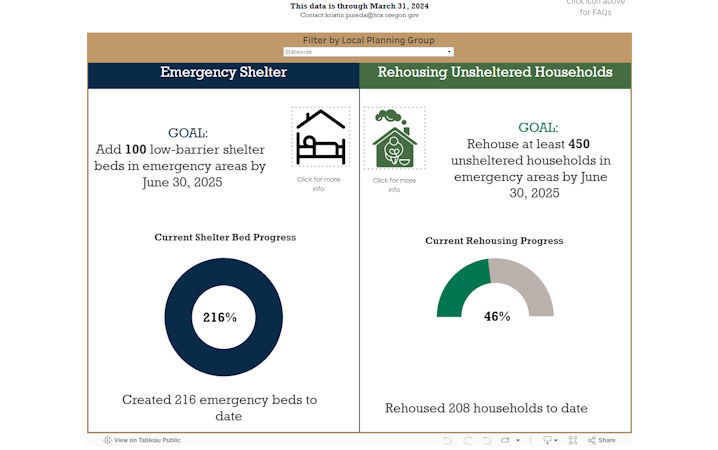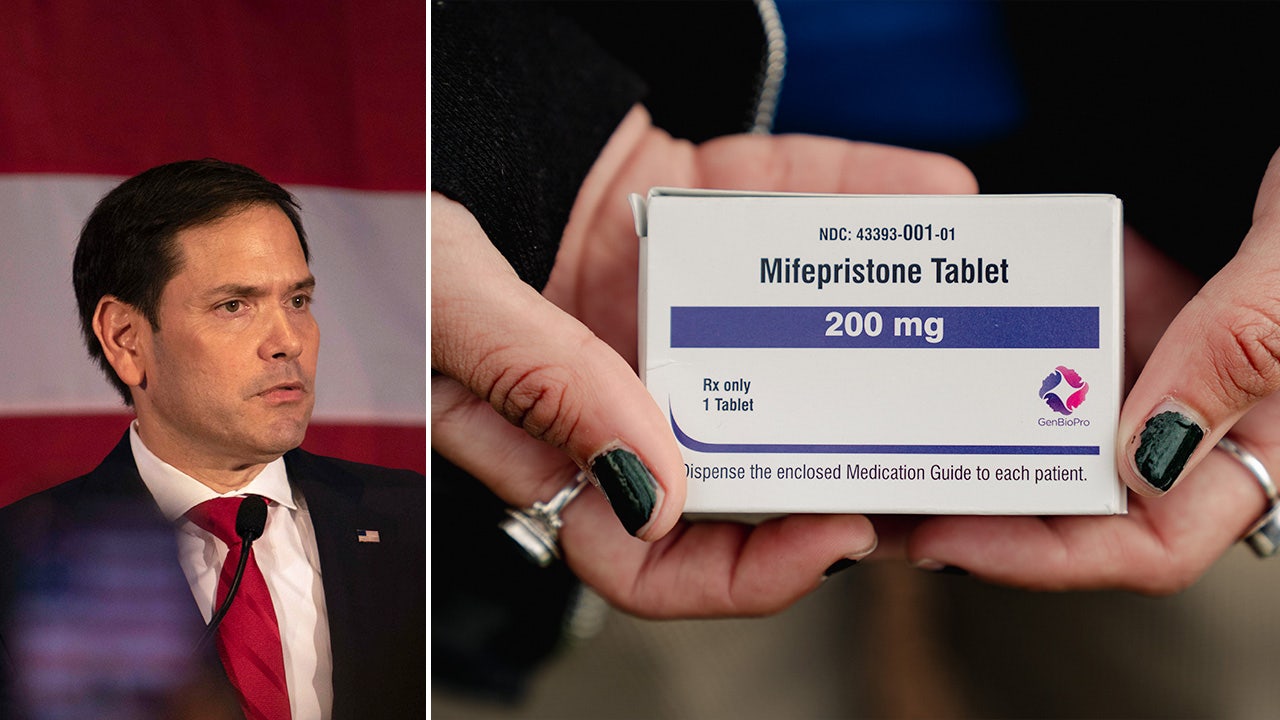Missouri
Missouri softball begins SEC Tournament today vs. Mississippi


Missouri
Hawley Slams Johnson for Plan to Vote on RECA Bill Excluding Missouri, New Mexico, and Hundreds of Thousands of Americans

Today U.S. Senator Josh Hawley (R-Mo.) released a statement after Speaker Mike Johnson’s (R-La.) office informed Senator Hawley that the House would take up a Radiation Exposure Compensation Act (RECA) bill that fails to compensate thousands of victims across the country, including in Missouri, New Mexico, and the Navajo Nation.
In March, Speaker Johnson pledged to work with interested parties on a reauthorization measure following the House’s failure to take up reauthorization legislation months before its expiration.
Mike Johnson’s office tell us he will ask the House to pass a dirty RECA bill that gives NOTHING to Missouri, New Mexico, the Navajo Nation, our atomic vets or anyone else poisoned by their own government. Total dereliction. No member from Missouri can possibly vote for this
— Josh Hawley (@HawleyMO) May 28, 2024
Let me be clear: no RECA bill that excludes Missouri will pass the Senate by consent. I will demand every procedural vote. And every vote will be a reminder the House would rather fund foreign wars than compensate Americans poisoned by their government
— Josh Hawley (@HawleyMO) May 29, 2024
Last week, Senator Hawley objected to a RECA bill offered by Senator Mike Lee (R-Utah) on the Senator floor and pledged to hold any attempt to pass RECA reauthorization without the inclusion of compensation for Missourians.
Senator Hawley’s legislation to reauthorize and expand RECA to Missouri and other states to include hundreds of thousands of Americans has passed the Senate twice with overwhelming bipartisan support.
Missouri
U.S. House may consider extending nuclear weapons damages program without Missouri • Missouri Independent

A proposal to renew compensation for cancer victims who were exposed to radioactive material from the nation’s weapons development without expanding the program to Missouri and several other states amounted to a betrayal, Missouri advocates and lawmakers said Tuesday.
Members of Congress from Missouri learned late Tuesday that U.S. House Speaker Mike Johnson plans to extend the federal program for two years despite pressure from communities harmed by nuclear bomb testing and waste to expand the program.
The announcement dealt a huge blow to advocates from St. Louis, the Navajo Nation and other communities that have been left out of the program, originally created in the 1990s. The existing program covers civilians in parts of Arizona, Utah and Nevada and uranium miners.
“I cannot believe how emotionally manipulated we feel that Speaker Johnson would sit back and allow sick and dying community members to beg him for a meeting for months — then to spend (an) hour and a half with staff only to have the door slammed in our faces!” Dawn Chapman, co-founder of Just Moms STL, said in a social media post.
Chapman was reacting to a post from U.S. Sen. Josh Hawley, a Republican from Missouri, who said Johnson told Hawley’s office he’ll seek a bill that doesn’t cover either state. Hawley said he’ll put up roadblocks to keep any such bill from passing the Senate without a fight.
“Total dereliction,” Hawley said. “No member from Missouri can possibly vote for this.”
Since last summer, Hawley has been pushing for an expansion of the Radiation Exposure Compensation Act, which was initially passed in 1990 and offered compensation to uranium miners and residents who lived downwind of nuclear bomb testing sites in certain states.
Hawley’s legislation, which has twice passed the U.S. Senate, would expand the program to “downwinders” in the remaining parts of Arizona, Utah and Nevada and bring coverage to downwinders in Colorado, Idaho, Montana, New Mexico and Guam. It would also expand coverage to those exposed to radioactive waste in Missouri, Tennessee, Alaska and Kentucky.
The existing RECA program expires June 10, and advocates and lawmakers from states hoping to be brought into the program have been urging Congress to renew and expand it.
U.S. Rep. Ann Wagner, a Republican from the St. Louis suburbs, said on social media that a RECA bill without Missouri “is dead on arrival.”
“I will continue to fight for the expansion of RECA so Missourians are given the justice they deserve,” she said. “The House can and must take up the Senate-passed version.”
U.S. Rep. Cori Bush, a Democrat from St. Louis, also wrote on social media that “failing to expand RECA is not a viable option.”
“Next week, Speaker Johnson plans to rip off Missourians and thousands of others who are suffering from radioactive waste dumped in our backyards by the federal government,” Bush said.
Parts of the St. Louis area have been contaminated for 75 years with radioactive waste left over from the effort to build the world’s first atomic bomb during World War II. Uranium refined in downtown St. Louis was used in the first sustained nuclear chain reaction in Chicago, a breakthrough in the Manhattan Project, the name given to the effort to develop the bomb.
After the war, waste from uranium refining efforts was trucked from St. Louis to surrounding counties and dumped near Coldwater Creek and in a quarry in Weldon Spring, polluting surface and groundwater. Remaining waste was dumped at the West Lake Landfill in Bridgeton, where it remains today.
Generations of St. Louis-area families lived in homes near contaminated sites without warning from the federal government. A study by the federal Agency for Toxic Substances and Disease Registry found exposure to the creek elevated residents’ risk of cancer. Residents of nearby communities suffer higher-than-normal rates of breast, colon, prostate, kidney and bladder cancers and leukemia. Childhood brain and nervous system cancers are also higher.
Johnson’s office did not immediately return a request for comment.
Missouri
Missouri attorney general is investigating providers of gender-affirming care to youth

A state investigation into the Washington University Transgender Center at St. Louis Children’s Hospital has expanded to target therapists and social workers who may have minors seeking gender-affirming care.
Missouri Attorney General Andrew Bailey is seeking redacted or lightly redacted medical records of patients who received care at the facility. The state investigation of the center is one of many currently underway, including one by U.S. Sen. Josh Hawley.
The move left the state’s trans and healthcare communities with concern over future access to gender-affirming care for transgender youth in the state, the Missouri Independent reported.
“The attorney general has created a hostile environment for medical providers where they are afraid to stay and practice medicine,” Katy Erker-Lynch, executive director of PROMO, an LGBTQ+ advocacy group in the state, said.
Bailey is reviewing the records at the Missouri Division of Professional Registration which oversees the state’s medical licensing as part of the investigation. He had earlier targeted Planned Parenthood Great Plains and Children’s Mercy, a hospital in Kansas City.
Bailey has reportedly interviewed 57 healthcare professionals in connection with the investigation.
Licensed clinical social worker Kelly Storck spoke with senior investigator Nick McBroom as part of the investigation.
McBroom confronted Storck, who brought an attorney with her to the meeting, with a file of letters she had written to Washington University Transgender Care in support of patients seeking gender-affirming care at the facility. Some of the letters had been scrutinized, with many showing some sentences were underlined in green.
When McBroom asked Storck to detail in writing her process for recommending gender-affirming, she refused. The case was subsequently closed, but Storck still has questions and concerns about the investigation.
“I still have a lot of distrust about who initiated it and who was in my documents,” Storck told the Independent.
The Center earlier turned over a spreadsheet providing information regarding patients seeking gender-affirming care, including visits, medications, and other normally private information.
The mother of one patient who received care at the Center, a 17-year-old trans boy named Levi, described the investigation as “invasive” and said it was causing unwarranted disruption in their lives.
“The state has already basically disrupted our lives,” Becky Hormuth told the Independent. “They’ve disrupted our families, our children’s lives with the legislation that has passed. Then for him to continue going on is even more invasive and damaging.”
After Missouri passed a ban on gender-affirming care for minors last year, Bailey issued an emergency rule banning similar care for trans adults as well. In the document laying out the policy, he said these treatments “lack solid evidentiary support” and “pose very serious side effects.” He withdrew the rule when state lawmakers acted. Missouri Gov. Mike Parson, a Republican, signed the ban into law in June. It was quickly challenged in court, but a judge allowed it to go into effect.
-

 Movie Reviews1 week ago
Movie Reviews1 week ago‘The Substance’ Review: An Excellent Demi Moore Helps Sustain Coralie Fargeat’s Stylish but Redundant Body Horror
-

 Culture1 week ago
Culture1 week agoFrom Dairy Daddies to Trash Pandas: How branding creates fans for lower-league baseball teams
-

 World1 week ago
World1 week agoPanic in Bishkek: Why were Pakistani students attacked in Kyrgyzstan?
-

 News1 week ago
News1 week agoRed Lobster files for bankruptcy after missteps including all-you-can-eat shrimp
-

 Politics1 week ago
Politics1 week agoMichael Cohen swore he had nothing derogatory on Trump, his ex-lawyer says – another lie – as testimony ends
-

 Politics1 week ago
Politics1 week agoAnti-Israel agitators interrupt Blinken Senate testimony, hauled out by Capitol police
-

 News1 week ago
News1 week agoThe states where abortion is on the ballot in November : Consider This from NPR
-

 News1 week ago
News1 week agoCity of Kyle falls short of ‘Kyle’ world record















